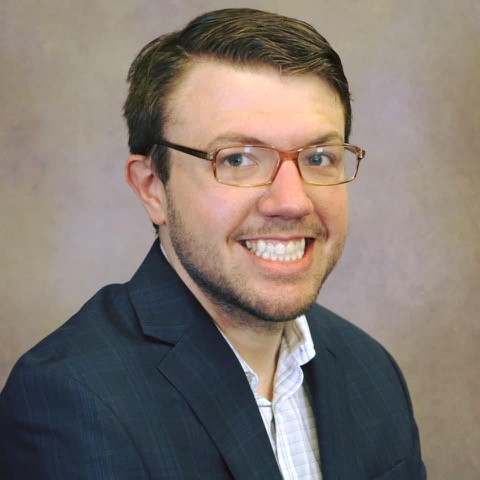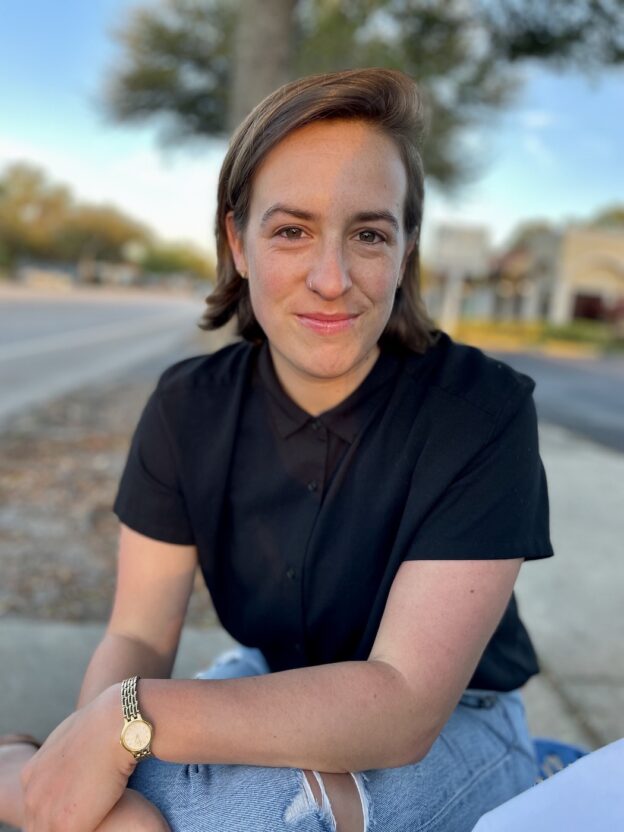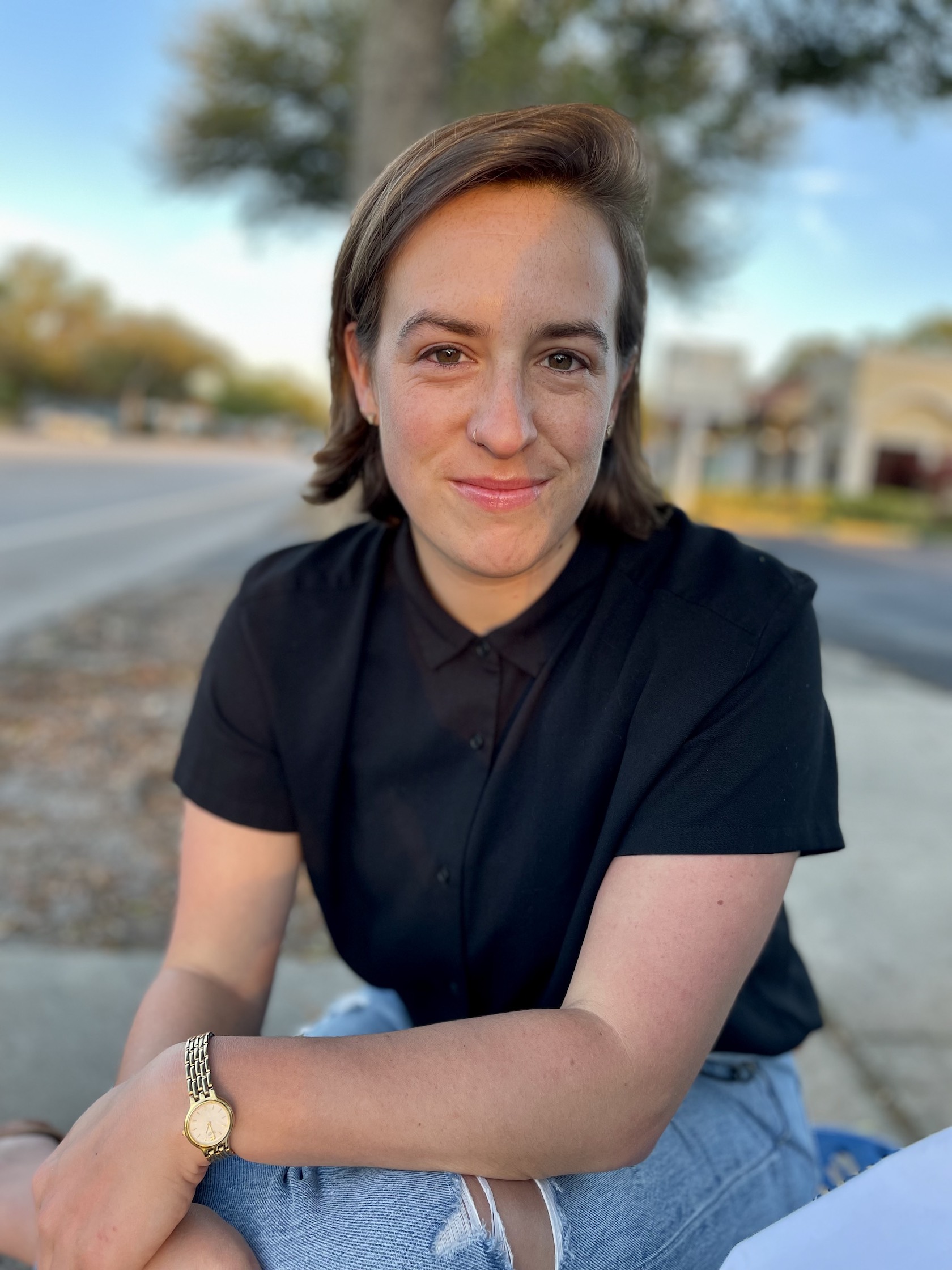While social justice topics in psychological research are not novel, sociopolitical changes in recent decades have perhaps illuminated the need for the incorporation of social justice research in psychological science and practice. Social justice and advocacy are woven into every corner of our professional experiences – from our didactic and academic competencies to our clinical training and ethics codes. Psychological science is no exception.
Incorporating social justice topics into our research can seem like a difficult feat. Everywhere you look, there are systemic hurdles that may stand in your way of feeling comfortable and confident taking on social justice research. Maybe it’s the voice in your head telling you “this project isn’t going to be the one to dismantle oppression,” or perhaps it’s a belief that your research does not fit under the umbrella of social justice topics. In other cases, it may be a lack of formal training in conducting research that utilizes appropriate methodology to produce socially just outcomes and findings. However, as students in psychology, we hold the power to not only ask “what answers do we not have yet?” but to rephrase the question into “whose voice is missing from the narrative?”
Here are some starting points for the interested researcher who hopes to embark on social justice research.
Qualitative Methods
If you’re anything like me, digesting quantitative research may bring you comfort. Something about attaching numbers and statistics to your work can make your analyses feel supported and concrete. However, is hard to fully understand someone’s experiences, reactions, and thoughts through numbers alone. Narrative-based research, interviews, and other qualitative methods allow researchers to analyze participant perspectives and experiences through a richness of storytelling. Participants can provide context to their answers and can help develop insight around a phenomenon through exploratory methods, often imperative to social justice research. When the question is regarding whose voice has not been incorporated into the narrative yet, sometimes the best methods are the ones utilizing the voices themselves. After all, our research is what makes psychology a science, and qualitative methodologies are just as rigorous as quantitative.
In some qualitative methodologies, participating community members are welcomed as collaborators to contribute to the design, implementation, and outcomes of the research. Participatory Action Research (PAR) and Community Based Research are two such examples of this. These qualitative approaches to research emphasize the importance of community, understanding sociocultural structures, and action, making them excellent methods to utilize when conducting social justice research. Importantly, they empower the stakeholders of the community you are working with to be active participants in your research.
Me-Search
I first heard the term “me-search” when starting graduate school. The appeal of doing research on a topic that resonated with me, my experiences, and potentially the related experiences of others has since fueled my research endeavors throughout my academic career. I began to realize how disconnected I felt from the research I was digesting. Experiences I knew all too well were seemingly nowhere to be found in the existing literature. I have found that me-search has been a great way to incorporate social justice topics into my own research. As a biracial, queer, gender-expansive graduate student, researching topics and experiences I know first-hand provides me not only with an opportunity to ensure voices like mine are heard, but also allows me to feel connected with the research I conduct. To put it simply, sometimes when you consider whose perspective is missing from the narrative, the answer can very feasibly be “mine.”
However, it is important to emphasize the need for self-care when conducting me-search related to social justice topics. Not only does researching something you have personally experienced make it easier to bring your work home with you, but me-search can put you in the position to reflect on the ways in which you yourself are impacted by oppressive systems. Participating in self-care activities and avoiding burnout is important to ensure you are prioritizing your well-being and can approach your research with interest and enthusiasm. Whether it’s putting space between yourself and academia or finding comfort in the connectedness you feel with the communities you are researching, self-care is yours to define and is an important part of conducting socially just research.
Becoming a researcher and scientist in psychology can feel like a daunting task. Additionally, knowing your research can inform social change can feel intimidating. Our research has the potential to be utilized for advocacy, fight against oppressive forces, and promote well-being. I encourage you to keep looking for the holes in our current literature and to listen for those voices that call to you in need of being amplified.
Resources
Cokley, K., & Awad, G. H. (2013). In defense of quantitative methods: Using the “Master’s Tools” to promote social justice. Journal for Social Action in Counseling and Psychology, 5(2), 26-41.
Fassinger, R. E., & Morrow, S. (2013). Toward best practices in quantitative, qualitative, and mixed-method research: A social justice perspective. Journal for Social Action in Counseling and Psychology, 5(2), 69-83.
Frost, D. M. (2018). Narrative approaches within a social psychology of social justice: The potential utility of narrative evidence. In P. Hammack (Ed.), The Oxford Handbook of Social Psychology and Social Justice (pp. 83-93). New York, NY: Oxford University Press.
Kidd, S. A., & Kral, M. J. (2005). Practicing participatory action research. Journal of Counseling Psychology, 52, 187-195.
Levitt, H. M., Motulsky, S. L., Wertz, F. J., Morrow, S. L., & Ponterotto, J. G. (2017). Recommendations for designing and reviewing qualitative research in psychology: Promoting methodological integrity. Qualitative Psychology, 4, 2-22.
Paquin, J. D., Tao, K. W., & Budge, S. L. (2019). Toward a psychotherapy science for all: Conducting ethical and socially just research. Psychotherapy, 56(4), 491.
Ponterotto, J. G. (2005). Qualitative research in counseling psychology: A primer on research paradigms and philosophy of science. Journal of Counseling Psychology, 52, 136-136.
Posted by Sarah Kohnen, an APAGS Science Committee member and counseling psychology doctoral student at Chatham University. Feel free to reach out to Sarah with any questions you may have!






